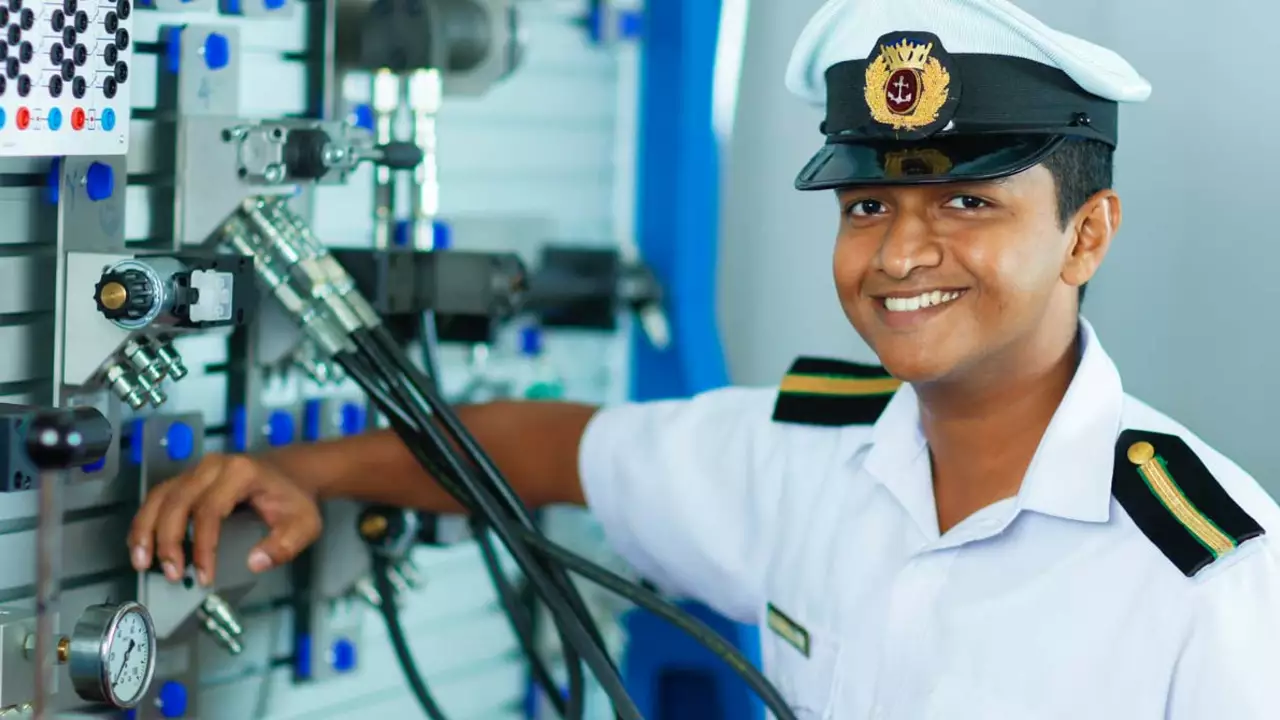Understanding the Marine Engineering Field in Canada
As an Indian marine engineer, it’s important to first understand the marine engineering field in Canada. This will give you a clear perspective on what to expect, the skills required, and the standards of operation. Marine engineering in Canada is a highly respected profession with a significant demand for skilled professionals. The country boasts of a robust marine industry, thanks to its vast coastline and numerous inland waterways. It's essential to familiarize yourself with the Canadian marine engineering industry's scope and demands before setting out on your job search.
Educational Requirement and Skills
The primary step is to evaluate your educational qualifications and skills against what is required in Canada. For marine engineers, having a degree from a recognized university in Marine Engineering is crucial. Apart from the basic degree, having relevant certifications and courses related to marine engineering can give you an edge over others. Additionally, proficiency in English or French, the two official languages in Canada, is required. This will not only ease your communication but also enhance your chances of getting recruited.
Validating your Qualifications
Canada has specific standards for marine engineering qualifications. Therefore, it's important to ensure your qualifications are recognized by the Canadian government. This may involve undergoing a qualification validation process or taking supplementary courses. The Marine Engineering Credential Program by Transport Canada is a useful reference point for this. The process might seem lengthy, but it's necessary to ensure you meet the Canadian marine industry's standards.
Understanding the Canadian Work Visa Process
As an international job seeker, you need to understand the Canadian work visa process. You may need a work permit or visa to legally work in Canada. There are different types of work permits and visas available, each with its own set of requirements. Gathering all the necessary information about the visa application process, documents required, and timelines can help you plan your move better.
Job Search Strategies
When it comes to searching for a job, there are several strategies that can be employed. These include networking with professionals in the industry, applying for jobs online, attending job fairs, and reaching out to recruitment agencies. It's crucial to have a well-written resume and cover letter that highlight your skills, experience, and qualifications. Remember, persistence and consistency is key in any job search.
Preparing for Interviews
Once you begin receiving responses to your job applications, the next step is preparing for interviews. Since you might be in India during the initial stages of the job search, you may have to conduct interviews over the phone or through video calls. Familiarize yourself with common interview questions, practice your responses, and ensure you have a stable internet connection for uninterrupted communication.
Understanding the Canadian Culture and Workplace Etiquette
Understanding the Canadian workplace culture and etiquette is important for any foreign worker. This will help you blend in better once you secure a job. Canadians value punctuality, professionalism, and respect for diversity. Learning about these cultural nuances can help you make a good impression on your employers and colleagues.
Securing Accommodation and Settling Down
Once you land a job, the next step is securing accommodation and settling down in Canada. It's advisable to start your housing search before you move. There are numerous online platforms that you can use to find suitable accommodation within your budget. Consider factors like proximity to your workplace, availability of public transportation, and the cost of living in the area.
Maintaining Legal Status
As an international worker in Canada, maintaining your legal status is crucial. Always keep your documents up-to-date and ensure you renew your work permit or visa as required. It's also a good idea to explore avenues for securing permanent residency, if that is part of your long-term plans.
Continuous Professional Development
Finally, remember that continuous professional development is key in the marine engineering field. Stay updated on the latest industry trends, attend seminars and workshops, and keep acquiring new skills. This not only enhances your employability but also opens up opportunities for growth and advancement in your career.
